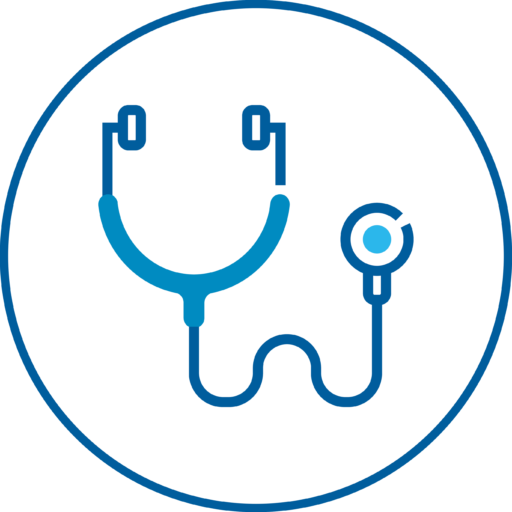In a world where physical health often takes precedence, it’s essential to shine a light on mental health, particularly depression, a condition that affects millions worldwide. In this blog post, we’ll delve into the importance of acknowledging and addressing depression, break down the stigma surrounding mental health, and explore avenues for finding support and healing.
Understanding Depression: A Complex Reality
Depression is more than just feeling sad or down; it’s a complex mental health disorder that can affect every aspect of a person’s life. From persistent feelings of sadness and hopelessness to changes in appetite, sleep disturbances, and loss of interest in activities once enjoyed, depression can significantly impact an individual’s well-being and functioning.
Breaking the Stigma: Challenging Misconceptions
Despite its prevalence, depression is often shrouded in stigma and misconceptions. Many individuals hesitate to seek help due to fear of judgment, shame, or societal attitudes surrounding mental illness. It’s crucial to challenge these stigmas and foster open, supportive conversations about mental health to create a culture of acceptance and understanding.
Finding Support: A Journey Toward Healing
1. Seek Professional Help: If you’re experiencing symptoms of depression, reaching out to a mental health professional is a crucial first step. Therapists, counselors, and psychiatrists can provide evidence-based treatments such as therapy, medication, or a combination of both to help manage symptoms and promote recovery.
2. Lean on Loved Ones: Building a support network of family members, friends, or support groups can provide emotional support, validation, and encouragement during difficult times. Remember, you’re not alone in your struggle, and reaching out for support is a sign of strength, not weakness.
3. Practice Self-Care: Engaging in self-care activities such as exercise, mindfulness, journaling, or hobbies can help improve mood, reduce stress, and promote overall well-being. Prioritize activities that bring you joy and fulfillment, even if they seem challenging at first.
4. Educate Yourself: Knowledge is power when it comes to managing depression. Educate yourself about depression, its symptoms, triggers, and treatment options, and advocate for your needs in navigating the mental health care system.
5. Take Small Steps: Recovery from depression is often a gradual process, and it’s essential to be patient and compassionate with yourself along the way. Celebrate small victories, set realistic goals, and focus on progress, not perfection.
Conclusion: A Call to Action
Depression is a significant public health concern that requires collective action and empathy to address effectively. By breaking the stigma surrounding mental health, fostering supportive communities, and providing accessible resources and treatment options, we can create a world where individuals living with depression feel seen, heard, and supported on their journey toward healing. Remember, mental health matters, and together, we can make a difference.






